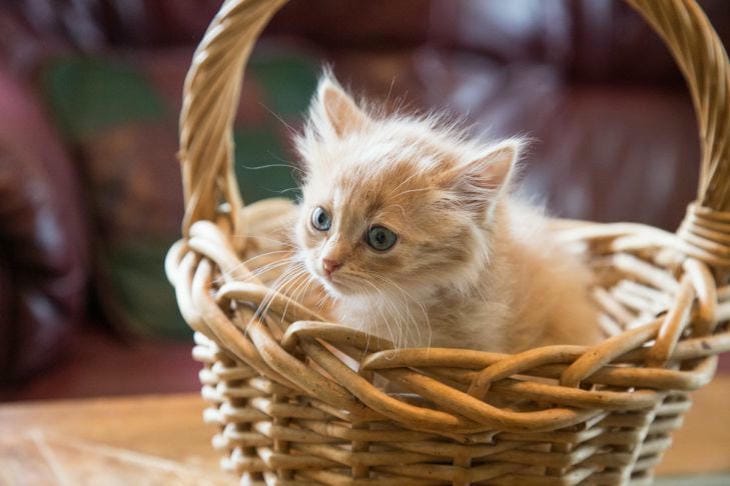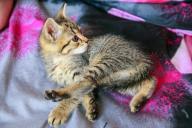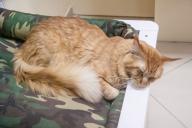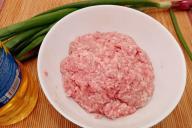The question often arises whether it is possible to give milk to a cat.
It would seem that dairy products are ideal for a cat's diet, but veterinarians are not so clear about this.
Cats and Dairy Products: Myth or Reality
Many people are used to associating milk with cat food, based on images from movies and books. However, nature dictates its own rules.

An adult cat often loses the ability to digest lactose, a carbohydrate found in milk.
As a result, drinking milk can cause stomach upset, diarrhea, and other unpleasant symptoms in the animal. Therefore, the question of the benefits of milk in the diet of cats remains controversial.
Features of lactose digestion in cats
The main problem with milk is the presence of lactose. The cat's body contains the enzyme lactase, which is responsible for breaking down lactose. However, with age, the amount of this enzyme decreases significantly.
Small kittens, feeding on their mother's milk, easily digest lactose, but as they grow older, their bodies lose this ability.
This causes dairy products to become difficult to digest, causing negative reactions in adults.
Alternative sources of calcium and vitamins
If you want to provide your pet with all the necessary vitamins and calcium, you can consider alternative options.
For example, there are specialized cat foods that contain all the necessary elements to maintain health.
There are also products on the market that are made specifically for cats and include lactose-free milk that is safe for consumption. These alternatives will help avoid potential digestive issues while maintaining the balance of nutrients in your pet's body.
Veterinarians' recommendations
Veterinarians advise taking into account the individual characteristics of each animal.
If your cat loves milk and has no problems digesting it, you can offer her small portions of lactose-free milk.
However, it is important to remember that the basis of a cat's diet should be specialized food that satisfies all the needs of its body.
Dairy products can be used as a treat, but not as a primary source of nutrition.
So, the answer to the question of whether it is possible to give milk to a cat depends on the individual characteristics of each animal. It is important to approach this issue with attention and take into account all the recommendations of specialists.








